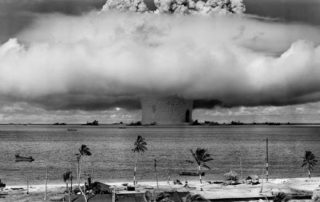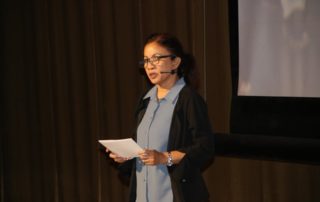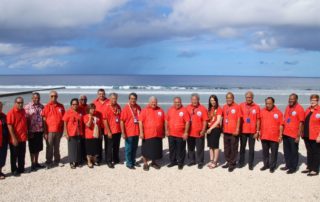Enduring Colonisation: How France’s continuing control of French Polynesian resources violates the international law of self-determination
The Pacific Network on Globalisation (PANG), Blue Ocean Law (BOL) and the Allard Law International Justice & Human Rights Clinic (IJHR) at UBC, has released a report highlighting how France’s ongoing control of French Polynesia’s natural resources violates the basic human right of self-determination. Entitled “Enduring Colonisation: How France’s Continuing Control of




